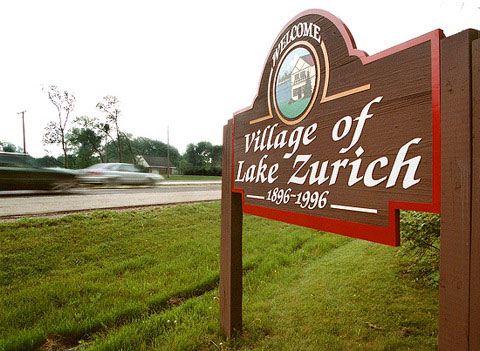
By Julia Pastor | That Switzerland’s living and finance standards are a separate case, having little to do with the rest of Europe is nothing new. The proposal of a national minimum wage of €3,300 to allow Swiss employees with a lower purchasing power to live “decently” is but one more evidence of this fact.
While Europe tries to adapt itself to budget severity, sacrificing even their workers’ salary by freezing or cutting them, the trade unions of the European tax haven par-excellence have collected 111.000 signatures to demand that the Constitution ensures a minimum wage of 22 francs per hour, which means CFH4,000 or €3,300 monthly for around 400,000 disadvantaged employees.
According to the Union Syndicale Suisse (USS),
“more than a half of national employees are not protected by a collective agreement and, consequently, neither are their salaries.” Also, they add, “the wage that these workers receive is not enough to even meet their basic needs, sometimes being forced to turn to social benefits.”
The labour union initiative, called ‘For the protection of a fair salary’ has come up against Swiss employers’ opinion –at least, in this point Switzerland does work like the rest of Europe, except for the employers’ arguments that can be found somewhat surprising. The Union Patronale Suisse (UPS) thinks that
“a national minimum wage is a bad solution(…) there are very important regional differences within the salary levels and standards of livings […] In some areas CFH4,000 can be enough to have a decent life, while in cities such as Zurich, CFH 5,000 or €4,100 could not always be enough. For example, in Lake Zurich the square meter is paid at around €20,000. Furthermore, trade unions’ proposal is based on a family model with just one member working, but the more frequent pattern is a household receiving two salaries,” explains an UPS’s spokeswoman.
In Spain, the national minimum wage (NMW) was frozen at the end of 2011 for the first time in its 45 years history “because of the general economic situation,” as the government informed the trade unions. Thus, the NMW has been fixed at €641.
There are minimum wages in Europe even more discouraging than the Spanish one. In Portugal and Slovakia they stand at €485 and €317, respectively –curiously enough, the Greek minimum wage exceeds the €700– but the reality is that in the rest of Europe, far from the almost unreal figure proposed in Switzerland, employees receive a very reasonable NMW: The Netherlands set a minimum wage of €1,424 monthly, a bit lower than the €1,499 of Ireland and Belgium; in France, from January of 2011, the basic salary is €1,365; in the UK, the agreed figure is €1.232, and in Austria gets almost up to €1,000.
Other countries like Germany, Italy or the Scandinavian ones have not established a minimum wage. Particularly, the German trade unions and the employers association are working in an accord on a NMW, in fact in two of them: one for East Germany, of about €6.89 per hour, and another for the West, of €7.79, which would give around €1,200 a month.





Be the first to comment on "A “heavenly” minimun wage for Switzerland"